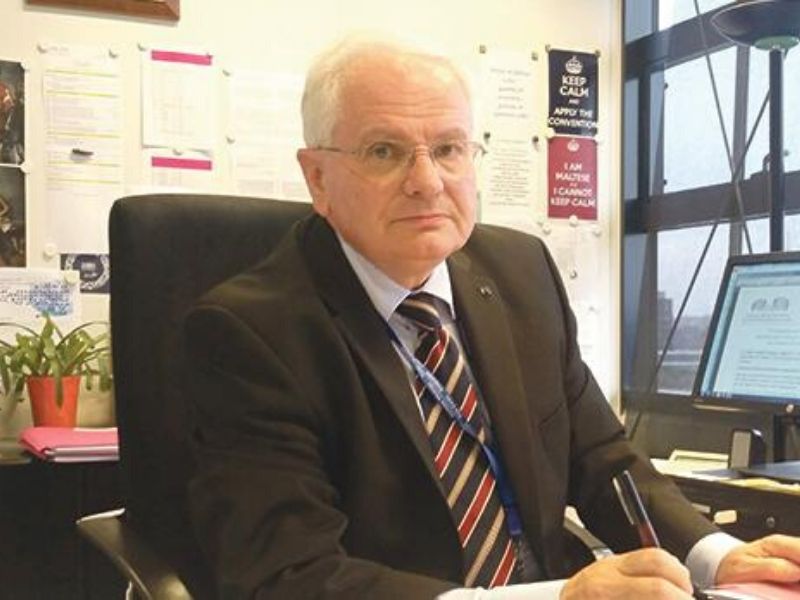Former European Court of Human Rights Judge Vincent De Gaetano disagreed with the recent Parliamentary resolution on the appointment of members of the judiciary, saying this was an extremely important process that had to be transparent.
“We are speaking about fundamental reforms in the Constitution…when we are talking about a change to the Constitution, there should be the most widespread consultation with all the stakeholders,” De Gaetano said in an online interview this week with civil society group Repubblika.
He was referring to a joint motion between the government and the Opposition in the House of Representatives, where a number of judicial reforms were approved.
No details have yet been made public as the government said it wanted to first put them before the Venice Commission. Repubblika had expressed its disappointment at the move, saying any changes should come after widespread public consultation.
The importance of that was highlighted by De Gaetano who said that the whole process of such an important reform had to go through the required stages, including publishing a White Paper and the relevant feedback and recommendations, among others.
“We need to stop thinking that the two political parties represent everyone, as those not represented by them cannot give input,” he said.
The government’s move was welcomed by Pieter Omtzigt, the Special Rapporteur for the Parliamentary Assembly of the Council of Europe, who had called out former prime minister Joseph Muscat for ignoring the Venice Commission’s recommendations on strengthening the rule of law to ensure the checks and balances necessary in a democracy.
Omtzigt raised a number of questions on social media on Friday, including whether the government would wait for the Venice Commission’s feedback before implementing the reforms and whether a formal request had actually been filed.
The Special Rapporteur tasked with looking into the investigation on journalist Daphne Caruana Galizia’s assassination, whose report led to the launch of a public inquiry that Muscat’s government had resisted for two years, also asked the government to forward a copy of the proposals submitted, clearly indicating the Council of Europe had been left out of the equation.
I welcome the Maltese govt's commitment to reform but questions remain:
Has there been a formal request for a VC opinion on these proposals?
Will the reforms be deferred until a VC opinion is received?
Will @PACE_News receive a copy of the proposals?https://t.co/TFLqzzJS01— Pieter Omtzigt (@PieterOmtzigt) April 10, 2020
Judicial reform was central to the recommendations by both the Venice Commission and the Council of Europe. De Gaetano pointed out that the method of appointing members of the judiciary in Malta was inherited from the British – aside from the Judicial Appointments Committee – where the nominations come from the Executive.
“You can have a law that is imperfect but works in a correct way. In practice, it will not cause problems. You can also have a law that is well thought out but then someone finds a loophole and uses it,” he said.
He added that this law had served the country well for many years because there was faith in the members of the judiciary.
“Over this time, even when I was in the Attorney General’s office in 1970s and 1980s, there was never a perception or complaints about the appointments of members of the judiciary… the difficulty at that time was that it was hard to find someone to accept,” De Gaetano said.
Things changed, which led to the criticism from the Venice Commission for the process to become more transparent.
“In my opinion, the most important thing is that there is transparency and that the way the members of the judiciary are appointed is clear beyond a shadow of a doubt,” De Gaetano said.
Members of the judiciary should be nominated not for any ulterior motives but based on objective criteria: merit, competence and integrity.
De Gaetano said the system was not perfect as there were problems with individual members of the judiciary, but public perception in the past was that appointments were in the spirit of the law. That was no longer the case and “that is the problem,” the Judge said.
“There are various methods and we need to find the best method to works for us and I don’t think it can just be done between two political parties coming with some proposals,” he said.
You can watch the full interview here.












